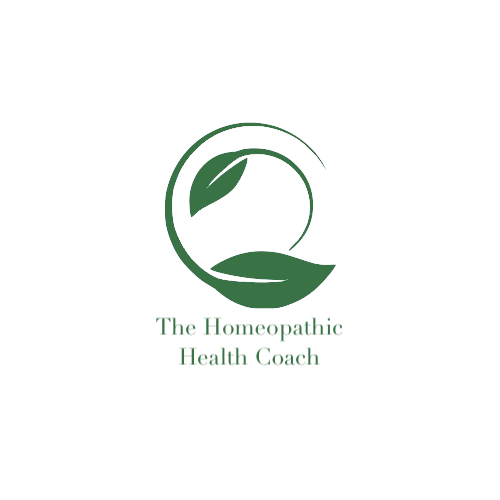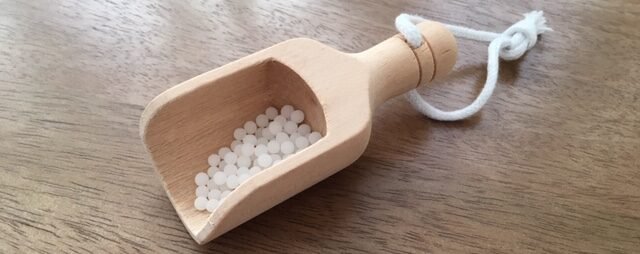HOMEOPATHY FAQs
The thing most people ask me when I tell them I’m a homeopath is, “So, what exactly is homeopathy anyway?” A lot of people know it’s some kind of natural medicine but, beyond that, they’re not sure. So I thought it would be a good idea to write about what homeopathy is, and other frequently asked questions about what I do.
What is homeopathy?
Homeopathy is a system of natural, holistic healthcare. This means that treatment is based on the individual and what is going on for them as a whole person, rather than just looking at one issue in isolation. Homeopathy was started in Germany in the first half of the nineteenth century by the physician, Samuel Hahnemann. He became disillusioned by the ineffective and brutal methods used by doctors at that time, and began to study and research alternatives. He experimented on himself, and the breakthrough came as he investigated why quinine was an effective treatment for malaria. He took small doses of Cinchona (from which quinine is made) and found that it produced the same symptoms in him as malaria. This, and other similar experiments, led him to the discovery that the symptoms a substance causes when given to a healthy person, are the same as those it can cure in someone in a disease state. These kind of tests are called ‘provings’, and they show which substances can be used to treat which diseases or states of health.
The principle, then, is one of ‘like cures like’. It is the opposite of most conventional medical practice, where treatment works as an opposite, an antidote to the symptom. ‘Like cures like’ is the origin of the name of homeopathy: homoios = similar, pathos = disease or suffering. Hahnemann conducted many further experiments and discovered that diluting and succussing (shaking) substances many times made them much safer and more effective. That is how homeopathic remedies are still made today.
For a really great introduction to homeopathy, I recommend the book “The Complete Homeopathy Handbook” by Miranda Castro.
What are remedies made from?
Remedies are made from anything that is found in the world: plants, animals, minerals, gases, etc. The substances are diluted and succussed (shaken) and the resulting liquid is usually added to sugar or sucrose pills to be taken by the client.
Is it safe?
It is very safe and can be used during pregnancy, by children and the elderly. Because the substances in the remedies are highly diluted there is often little or no material amount remaining. So even things which would be harmful in a large dose, are perfectly safe when made into a homeopathic remedy. It is also safe to use alongside conventional medicine as it works in a completely different way.
How does homeopathy work?
It works on the principle of ‘like cures like’ as mentioned earlier. However, the exact mechanism by which it works in the body is not yet understood. It seems to work by stimulating the body to heal itself. The energy of the person appears to recognise the pattern of its disease shown to it by the remedy, and the immune system responds to overcome the problem.
Is there any evidence homeopathy works or is it just placebo?
Yes, there is evidence. It is difficult to test the efficacy of homeopathic remedies as it is so individualised. Six people with a cold might well be given six different remedies. However, there are studies, trials and research which show homeopathy working effectively. The Homeopathic Research Institute is an international charity which carries out scientific investigation into homeopathy. The British Homeopathic Association states that “Six out of seven major systematic reviews of RCTs [randomised controlled trials] in homeopathy have concluded (with important caveats) that homeopathy has an effect greater than placebo. Systematic reviews of RCTs in specific medical areas have presented positive conclusions for homeopathy in six: childhood diarrhoea, hay fever, post-operative ileus, respiratory tract infection, rheumatic diseases and vertigo”. Visit their website for more information.
Is homeopathy the same as herbal medicine or aromatherapy?
No. Some of the plants used in herbal medicine are the same as those used in homeopathy, but they are diluted and succussed in homeopathy, making them safer to use. Aromatherapy is treatment using the scent of essential oils, and is quite different.
Are you a doctor?
No. In some countries, such as India, homeopaths are also trained medical doctors. In the UK, however, most homeopaths are trained in specialised, accredited, homeopathic training colleges. Until 2018 homeopathy was available on the NHS but sadly the funding has now been stopped.
What happens in a consultation?
Consultations are an opportunity to discuss what is going on for you and your health in detail. We discuss any issues that are bothering you. I ask about medical history, your traits and characteristics, likes and dislikes, physical and emotional health. The idea is to get a full picture of you and your health, and investigate where and when issues may have arisen. We decide on a treatment plan to bring your health back into balance.
What can homeopathy treat?
Anything and everything is the short answer. In India, people go to a homeopath as they would go to their GP here. Of course some diseases or states may be too far progressed for a cure, but there are very few cases that can’t be alleviated or made more comfortable. My particular interest is in increasing people’s energy levels by balancing their immune system, microbiome, hormones, inflammation and stress levels. People have come to me with a wide range of ailments including allergies, sinusitis, molluscum, hormonal imbalance, fibromyalgia, anxiety, fatigue, post viral health issues, etc. etc.
How popular is homeopathy?
According to the Homeopathy Research Institute about 200 million people worldwide are regular users of homeopathy. It is included in the national health systems of Brazil, Chile, India, Mexico, Pakistan, and Switzerland. In the UK about 49% of the population have used homeopathy.
I hope that answers some of your questions about homeopathy. If you have any others, I’d welcome the opportunity to answer them so feel free to get in touch.
Thank you for reading! If you have enjoyed this post please comment, share or sign up to my newsletter below. Best wishes, Alice



